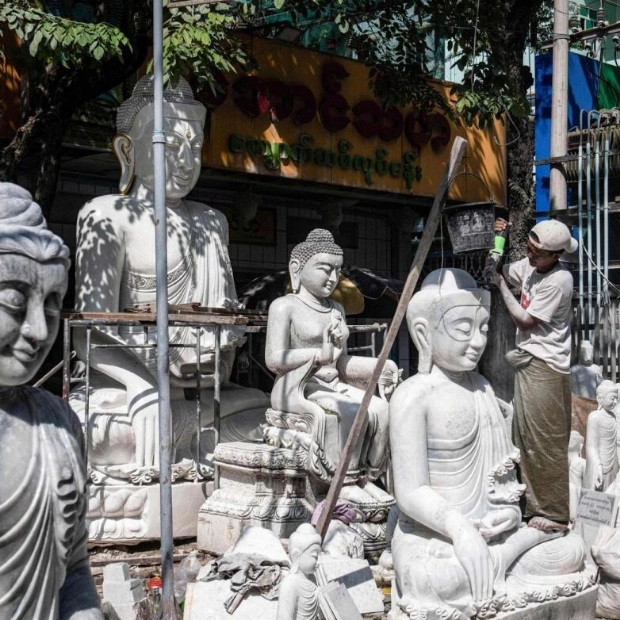There's an overemphasis on what we're not purchasing, which isn't a cash flow problem. Initially, the traditional 9-to-5 workday is less prevalent, with a majority (53%) of Gen-Z earnings coming from freelance work, resulting in alternating periods of abundance and scarcity. Out of prudence, or sometimes fear, Gen-Z saves more, making wiser financial decisions during lean periods. So, where is our money being spent? Despite most Gen-Z lacking the financial capability for significant lifestyle changes—like buying a car or house, getting married, or having children—we constitute a disproportionately large share of global consumers. Forty percent of today's consumers are Gen-Z, even though we make up only 30% of the population and about a quarter of the workforce. When we do spend, compared to older generations, we are more frugal and cautious with our money, whether it's paying more for brand loyalty or abstaining from buying certain products. Millennials have already targeted industries like diamonds, weddings, and homeownership, so it's logical that Gen-Z will target other frivolous industries. I hope it's lithium mines and credit card debt, but that's just because we have a significant share of the latter and too many of the former, which are fomenting wars like diamonds once did. For Gen-Z, progressive stances on social issues from brands and authenticity in products are crucial. We don't want to support people who neither deserve nor need our money. Social media played a significant role in Millennials' demise of the diamond industry—specifically, the blood diamond industry. From a single tweet by The Economist in 2016 to the exposure of horrors in West African conflict zones through social media, Millennials killed the diamond industry because it needed to be killed. They just needed the financial power to opt for cheaper, conflict-free alternatives. However, all of this is irrelevant because the real issue is the weakening of money. I am buying less, beyond the effects of inflation, with my wage than my parents or grandparents. This could be due to corporate greed, international conflicts making purchases more difficult, or COVID-19 revealing the weaknesses of the international public healthcare system, which has driven up costs due to fear in the stock market. The soaring cost of living over the past five years, coinciding with Gen-Z finishing school or during a global pandemic, has been entirely out of our control. Consequently, we'll likely delay getting married and having kids until after 30. How long will it take until we can settle into our careers and start saving for retirement? Ten more years? Twenty? I was following the UK election, and something brilliant I read about the National Health Service was spot on to this problem and many others. When a system needs money when there's no money, or more workers when there's no one to hire, reform is the only answer (improve, ameliorate, or refine). However, since we're far from being the majority in government and corporate leadership (thanks, Boomers), let's not focus on paying down debt or our place in the rat race. Instead, let's work on dismantling another industry. Ankle socks are a good start, but the lasting progress we desire will remain elusive if we let previous generations frame the conversation about our habits rather than how they've failed.

Text: Lara Palmer
18.07.2024
Exploring Gen-Z's Consumer Behavior and the Impact of Economic and Social Factors





